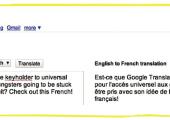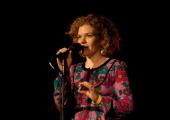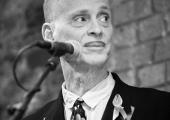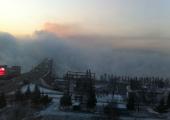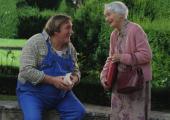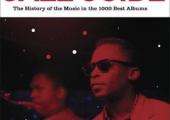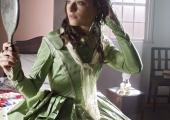Brainstorm on books in Europe
A European Literature Brainstorming meeting is being held on 25 January in London involving publishers, editors and critics from the UK books industry who took part in the EU trip to Brussels I reported on earlier this month, to take forward the ideas and needs that were generated. The idea is to get more people in different countries able to read other nations' best books.


